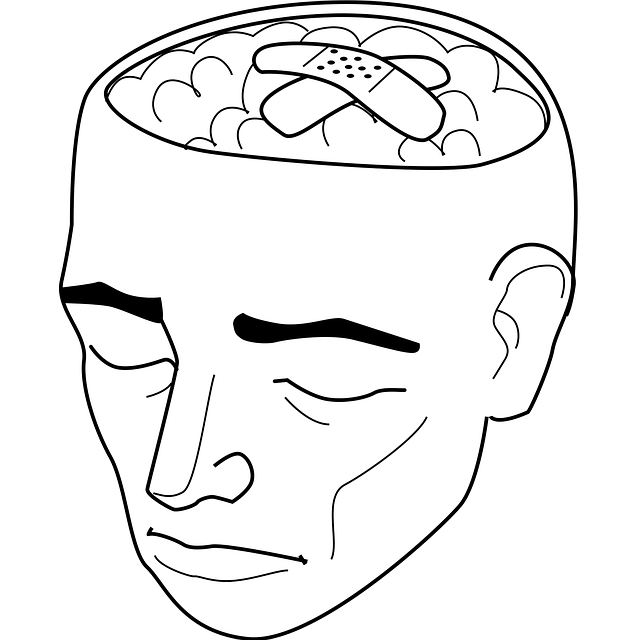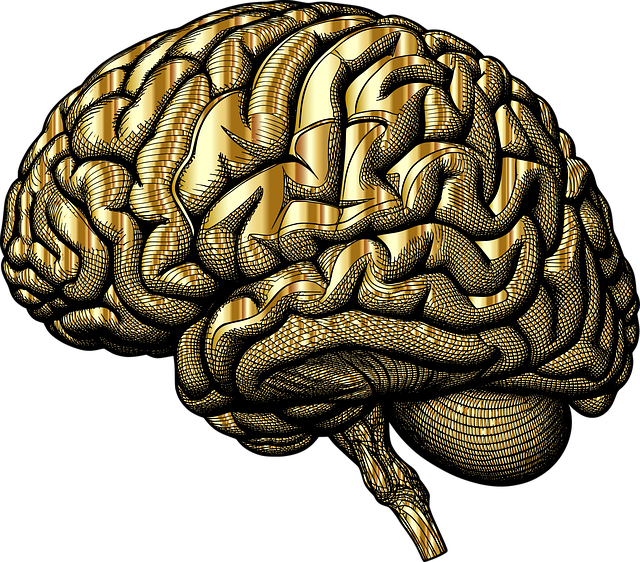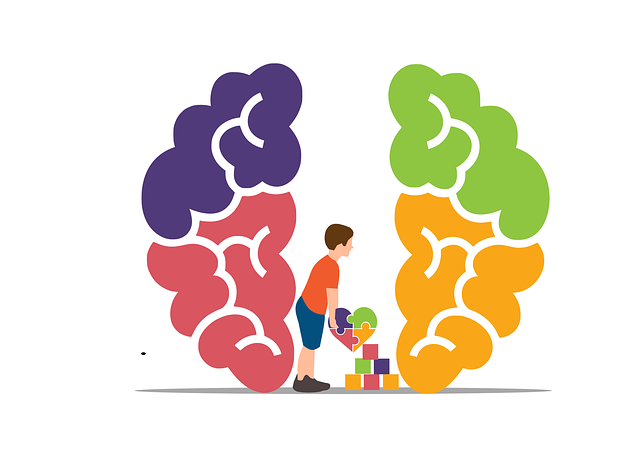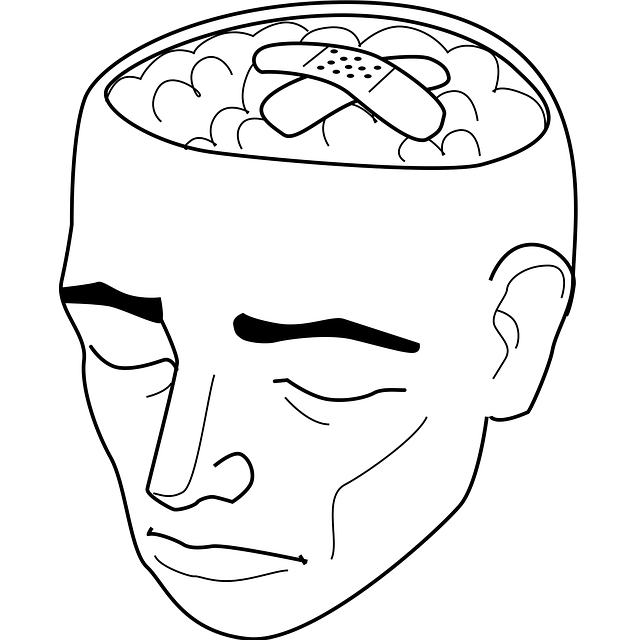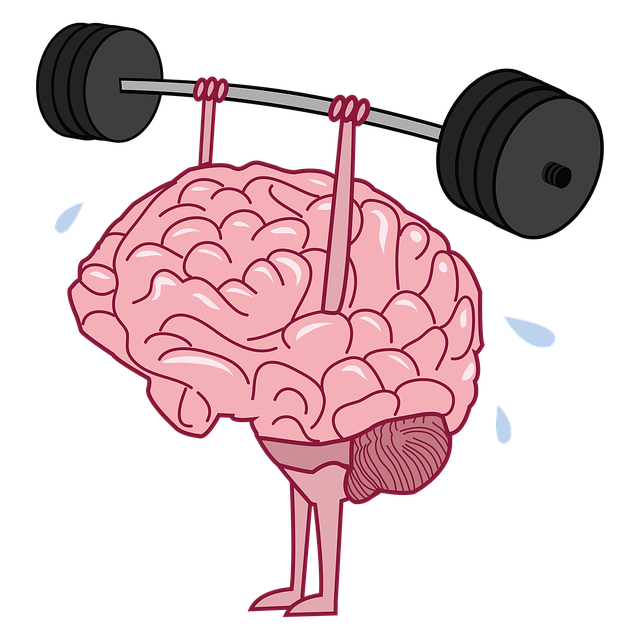Mental health policy in Greenwood Village is a powerful tool for community well-being, especially for residents dealing with Oppositional Defiance Disorder (ODD). Through evidence-based approaches, the village provides access to specialized ODD therapy like Self-Awareness Exercises. Advocacy plays a vital role in expanding these services, particularly for marginalized groups, leading to improved diagnosis rates and tailored programs. The case study highlights effective strategies, focusing on emotional regulation and communication skills, within Greenwood Village Oppositional Defiance Disorder Therapy. Strategic policy analysis and advocacy, combining data collection, stakeholder alliances, and community outreach, are key to creating inclusive, effective mental health policies for ODD treatment in Greenwood Village.
Mental health policies significantly influence community well-being, especially regarding conditions like Oppositional Defiance Disorder (ODD). This article delves into the critical intersection of policy analysis and advocacy, examining how they shape access to effective therapy. We explore these aspects through a case study on Greenwood Village ODD therapy initiatives. Additionally, it offers practical strategies for successful policy change advocacy, providing insights that can guide efforts to enhance mental health services.
- Understanding Mental Health Policy and Its Impact on Communities
- The Role of Advocacy in Shaping Effective Therapy Access
- Greenwood Village Oppositional Defiance Disorder (ODD) Therapy: A Case Study
- Strategies for Successful Policy Analysis and Change Advocacy
Understanding Mental Health Policy and Its Impact on Communities

Mental health policy plays a pivotal role in shaping the well-being of communities, especially those grappling with challenges like Oppositional Defiance Disorder (ODD). Greenwood Village, as a thriving community, has recognized the need for comprehensive mental health services to address ODD and other similar conditions. By implementing evidence-based policies, the village can ensure that residents have access to quality therapy, such as Self-Awareness Exercises tailored to manage symptoms of ODD.
Policy analysis and advocacy are crucial in ensuring that Mental Health Policy Analysis and Advocacy efforts align with community needs. This involves understanding the impact of existing policies on various segments of the population, including youth and families. Incorporating practices like Mindfulness Meditation into therapy sessions can further enhance therapeutic outcomes for individuals dealing with ODD. Such initiatives not only benefit the affected persons but also contribute to a healthier, more resilient Greenwood Village.
The Role of Advocacy in Shaping Effective Therapy Access

Advocacy plays a pivotal role in shaping access to effective therapy services, particularly for communities often overlooked or marginalized. In Greenwood Village and beyond, advocates have been instrumental in increasing awareness about mental health issues like Oppositional Defiance Disorder (ODD). By championing the cause of individuals struggling with ODD and related conditions, these advocates ensure that evidence-based therapies become more accessible. This access is crucial for empowering those facing challenges such as mood management, confidence boosting, and emotional healing processes.
Through persistent efforts, advocacy groups have contributed to policy changes that support funding for specialized therapy programs tailored to specific needs. This includes initiatives aimed at improving diagnosis rates and ensuring appropriate treatment for youth presenting with ODD symptoms. Such efforts not only enhance the availability of quality care but also foster a more supportive environment where individuals can seek help without barriers, ultimately leading to better mental health outcomes.
Greenwood Village Oppositional Defiance Disorder (ODD) Therapy: A Case Study

In Greenwood Village, a dedicated therapy program has been designed to address Oppositional Defiance Disorder (ODD) in children and adolescents, offering hope and effective treatment options for families navigating this challenging condition. This case study highlights the importance of specialized mental health services tailored to ODD, which often presents as persistent behavioral issues and emotional dysregulation. By implementing evidence-based practices, the program aims to enhance emotional regulation and foster inner strength development in young individuals.
The therapy focuses on building positive relationships between patients and caregivers, teaching effective communication skills, and promoting problem-solving strategies. Burnout prevention strategies for healthcare providers are also integrated into the program, ensuring that therapists maintain their well-being while supporting clients through intense emotions and behaviors associated with ODD. Through these comprehensive approaches, Greenwood Village Oppositional Defiance Disorder Therapy strives to empower both patients and their families, ultimately improving overall mental health outcomes and quality of life.
Strategies for Successful Policy Analysis and Change Advocacy

Successful policy analysis and change advocacy require a strategic approach tailored to the specific mental health issue at hand, in this case, Oppositional Defiance Disorder (ODD) therapy in Greenwood Village. One key strategy is to gather comprehensive data on the current state of ODD treatment availability and accessibility within the community. This involves researching existing policies, identifying gaps, and assessing their impact on residents’ access to quality care. Engaging with local healthcare providers, schools, and community organizations through surveys, focus groups, or interviews can provide valuable insights into the challenges and needs related to ODD therapy.
Moreover, building strong alliances is essential for advocacy success. Collaborating with like-minded organizations, such as those focused on stress management workshops or emotional intelligence programs, can amplify your message and broaden support for policy change. Implementing a community outreach program that educates residents about ODD, its signs, and available treatment options can foster understanding and reduce stigma. By combining research, advocacy, and community engagement strategies, Greenwood Village can work towards creating more inclusive and effective mental health policies for individuals struggling with ODD.
Mental health policy analysis and advocacy play a pivotal role in ensuring equitable access to quality therapy, as demonstrated by the Greenwood Village Oppositional Defiance Disorder (ODD) Therapy case study. By understanding the impact of policies on communities and leveraging advocacy strategies, we can drive meaningful change. Effective policy analysis enables us to identify gaps and develop targeted solutions, ultimately improving mental health outcomes for all. Continued efforts in this realm are essential to creating a more supportive and accessible landscape for those seeking therapy, especially for conditions like ODD.




